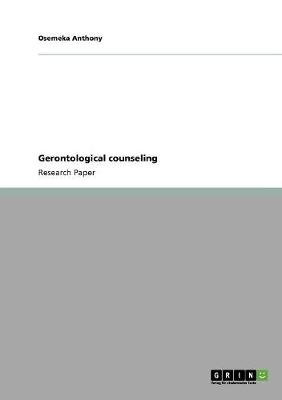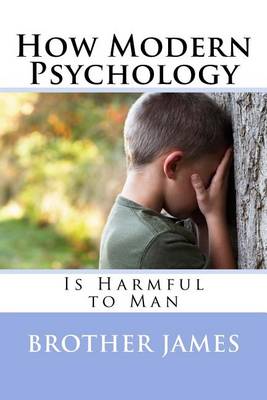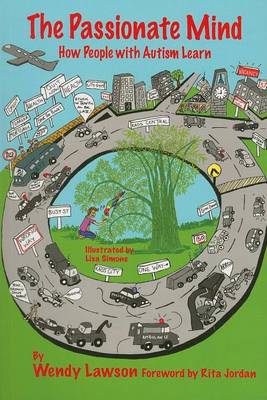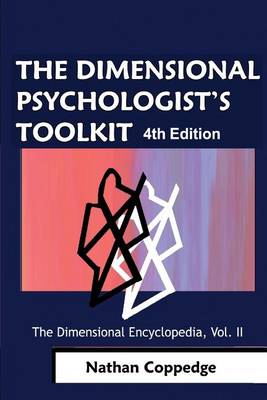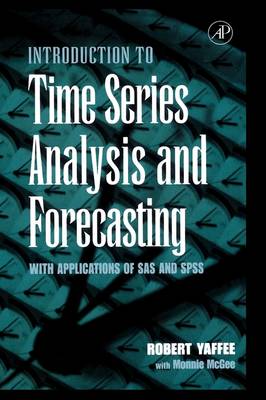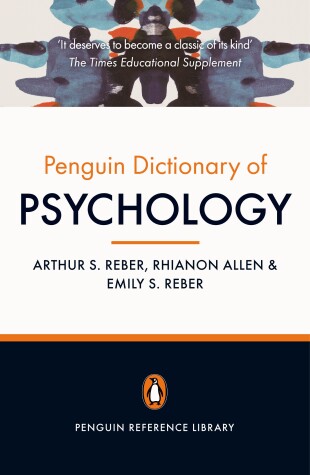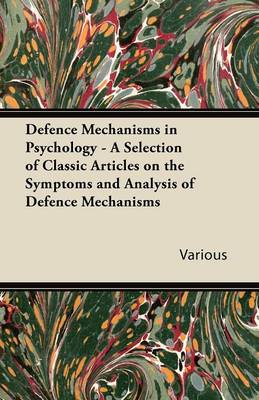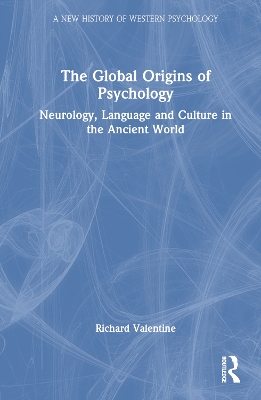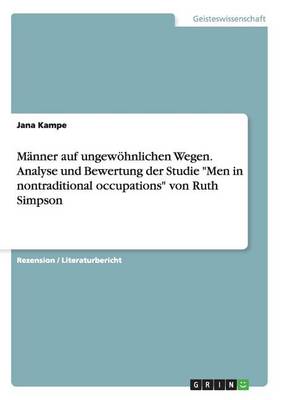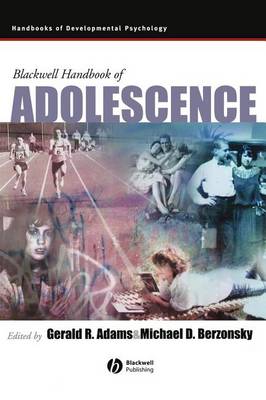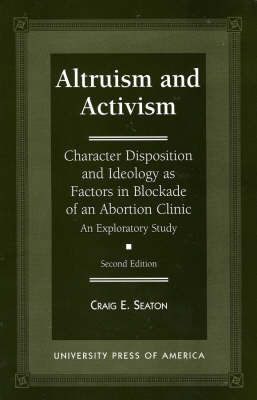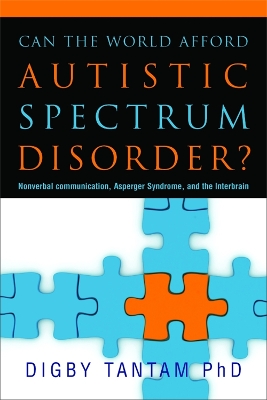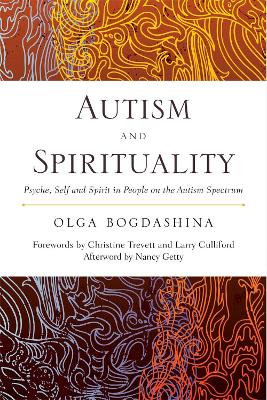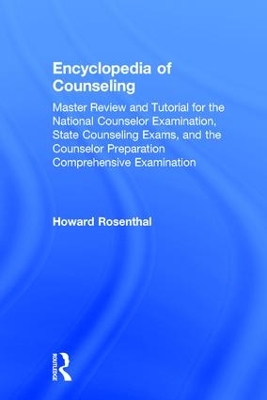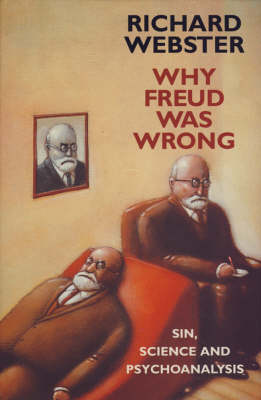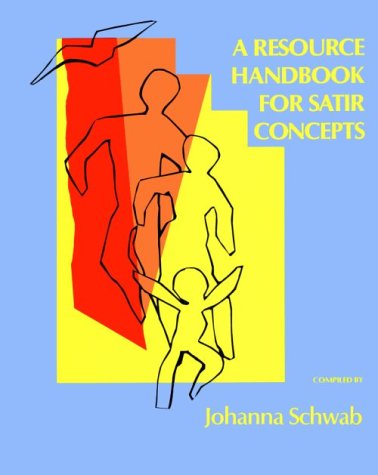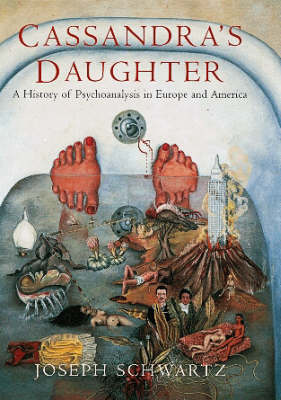Sport Psychology Essentials
In her new book, Wendy Lawson examines traditional theories about the autism spectrum (AS) and reveals their gaps and shortcomings. Showing that a completely different way of thinking about AS is needed, she sets forward the theory of Single Attention and Associated Cognition in Autism (SAACA), an approach that explains autism in terms of the unique learning style of AS individuals. The SAACA approach suggests that whereas neurotypical people can easily shift their attention from one task to a...
The Dimensional Psychologist's Toolkit (The Dimensional Encyclopedia, #2)
by Nathan Coppedge
An Introduction to Time Series Analysis and Forecasting
by Robert Alan Yaffee and Monnie McGee
Providing a clear explanation of the fundamental theory of time series analysis and forecasting, this book couples theory with applications of two popular statistical packages--SAS and SPSS. The text examines moving average, exponential smoothing, Census X-11 deseasonalization, ARIMA, intervention, transfer function, and autoregressive error models and has brief discussions of ARCH and GARCH models. The book features treatments of forecast improvement with regression and autoregression combinati...
An antidote to our stressed-out mother culture, MotherStyles validates the notion that good mothering comes in many styles and explains how understanding how you most often react to your child and why is the most important step toward working through areas that have long given you trouble. Drawing on the personality type-theory popularized by the Myers-Briggs(r) Type Indicator and author Janet Penley's more than eighteen years of working with mothers, MotherStyles explains the combinations of tr...
The Penguin Dictionary of Psychology
by Arthur S. Reber, Emily Reber, and Rhianon Allen
The Penguin Dictionary of Psychology has become a byword for demystifying the language of this complex subject. Now fully updated for its fourth edition, this wide-ranging and accessible dictionary is invaluable for both students and professionals, and an indispensable guide to all areas of psychology and psychiatry. -Covers related fields such as neuroscience and social psychology -Describes how terms are employed, their wider connotations and past usage -Looks in detail at such key concepts a...
Defence Mechanisms in Psychology - A Selection of Classic Articles on the Symptoms and Analysis of Defence Mechanisms
The Global Origins of Psychology (A New History of Western Psychology)
by Richard Valentine
This book offers a historical introduction to the remote origins of psychology, and is the first book in a series on the history of the subject. Combining a deep history approach with the study of ancient civilisations, it places psychology in a historical and global context using rigorous academic research. This book begins by separating the Greek components of psychology – psyche and logos – in order to trace their histories, separate and together, through the global Neolithic and Bronze Ages...
This major new series reproduces an authoritative selection of the most significant articles in different areas of psychology. It focuses in particular on influential articles which are not found in other similar colelctions.Many of these articles are only available in specialized journals and therfore are not accessible in every library. This landmark series will make a contribution to scholarship and teaching in psychology. It will imorove access to important areas of literature which are diff...
Manner auf ungewoehnlichen Wegen. Analyse und Bewertung der Studie Men in nontraditional occupations von Ruth Simpson
by Jana Kampe
Blackwell Handbook of Adolescence
by Gerald R. Adams and Michael D. Berzonsky
This work is the only empirical study of the psychological and social characteristics of a group who blockaded an abortion clinic. The study employs extensive questionnaires, psychological scales, analysis of official court statements and thorough interviews in order to gather information on personal motivation and on various psychological and sociological characteristics.
The world affords to most of us a web of subliminal nonverbal communication that regulates our minds, indicates whether our beliefs have, or have not, social approval, and generally guides us. People with autism do not seem to be influenced by these subliminal signals as much as others, and this results in the difficulties in social interaction that are so characteristic of all the autistic spectrum disorders. How is such nonverbal communication carried out, and why do people on the autism spect...
Olga Bogdashina argues persuasively that, contrary to popular belief, spirituality plays a vital role in the lives of many people with autism spectrum disorders (ASD). Drawing on interdisciplinary research from fields as diverse as psychology, philosophy, anthropology, linguistics, neuroscience and religion, as well as first-hand experiences of people on the spectrum, she shows how people with ASD experience their inner worlds and sense of self, and how this shapes the spiritual dimension of the...
With more questions and answers than any other edition, the Encyclopedia of Counseling, Fourth Edition, is still the only book you need to pass the NCE, CPCE, and other counseling exams. Every chapter has new and updated material and is still written in Dr. Rosenthal's lively, user-friendly style counselors know and love. The book’s new and improved coverage incorporates a range of vital topics, including social media, group work in career counseling, private practice and nonprofit work, addicti...
An intellectual biography of Sigmund Freud written from a sceptical point of view. The claim of the book is that Freud, the founder of psychoanalysis, was misled and misleading, bewitched by the simplicity of his own ideas.In its afterword, the book puts forward the opinion that the Recovered Memory movement (exposing child sex abuse) has Freud's fingerprints all over it.
Helpful one- and two-page recaps of Virginia Satir's approach and practice, through diagrams, charts, and descriptions.
This work presents a complete history of psychoanalysis from its origins in 19th-century medical science to the end of the 20th century. The origins of psychoanalysis as well as the more immediate influences on Freud are explored, as is the way the discipline he founded has developed and changed. The influence of psychoanalysis spreads far beyond psychotherapy and Joe Schwartz shows the way it has effected literature, criticism and feminism and medicine.
This wide-ranging account of psychology places the study in a cultural context, from the beginning of human history to the present. New features of this third edition include material on Reductionism and folk psychology, and the treatment of the psychology of consciousness. Other new material covers recent work on Freud and on Connectionism.
